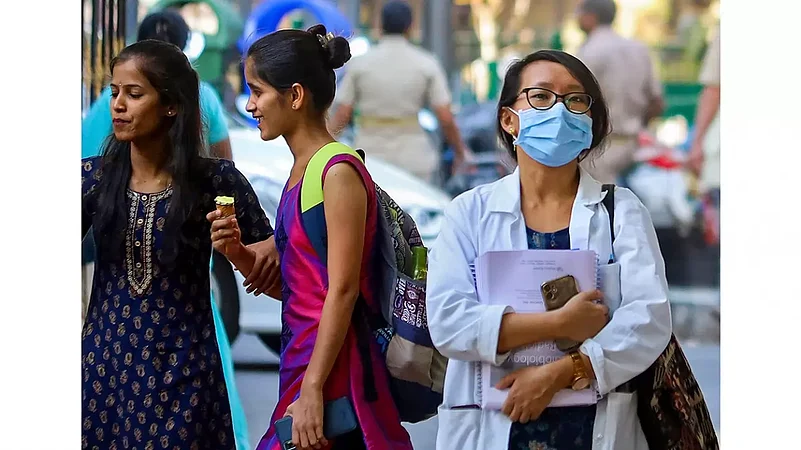The first case of H3N2 influenza was detected in Assam, and the Health Department was keeping a close watch on the situation, an official bulletin said. According to the bulletin issued by the National Health Mission, Assam on Wednesday night, a confirmed case of H3N2 influenza was detected. "The Health Department is keeping a close watch on the evolving seasonal influenza situation in Assam through the Integrated Disease Surveillance Programme (IDSP) network on real-time basis," it said.
The district surveillance officers under the IDSP network are fully geared to meet this public health challenge in Assam in line with the guidelines formulated by the Centre and Indian Council of Medical Research (ICMR), it added. "Globally, influenza cases are typically seen to increase during certain months of the year. India usually witnesses two peaks of seasonal influenza: one from January to March and the other one in post-monsoon season," the NHM said. The cases arising from seasonal influenza are expected to decline from March-end, the bulletin said.
The NHM said the disease transmission is mostly airborne from person to person through large droplets generated by coughing and sneezing. Other modes of transmission are indirect contact by touching a contaminated object or surface and close contact, including handshaking, it said. "In most of the cases, the disease is self limiting with symptoms of cough and cold, body ache and fever, etc, and usually resolves within a week or so," the bulletin said.
However, potential high-risk groups like infants, young children, pregnant women, elderly above the age of 65 years and people with comorbidities might experience more symptomatic illness requiring hospitalization also, it said. The Health Department is focussing on awareness generation for practicing hand hygiene and respiratory etiquette by the people. "Sufficient stock of test kits, medicines, consumables for diagnosis and case management have been maintained in all health facilities, including medical colleges," the NHM said.
















